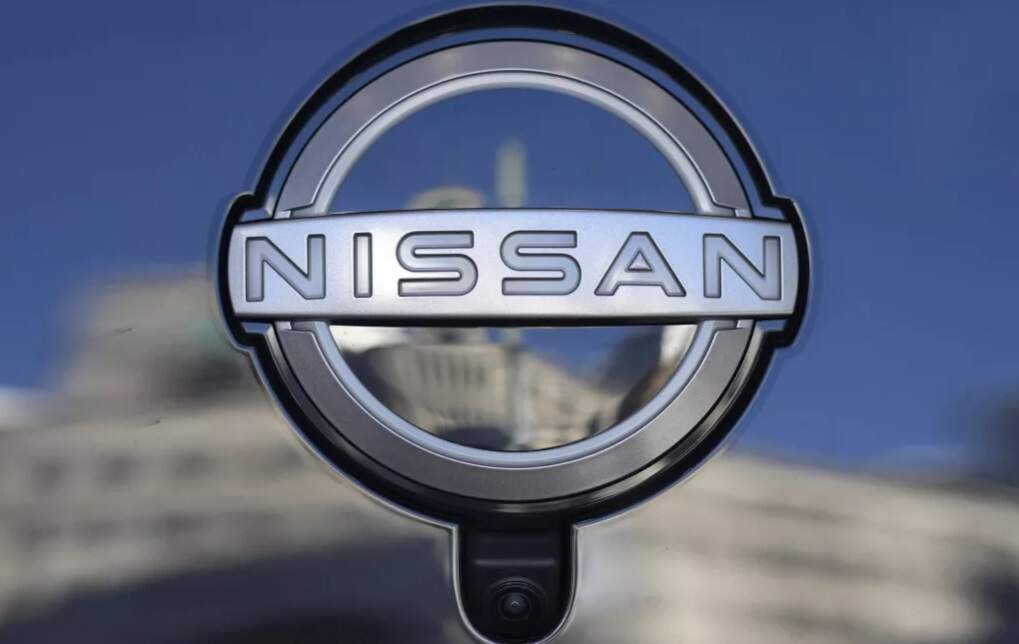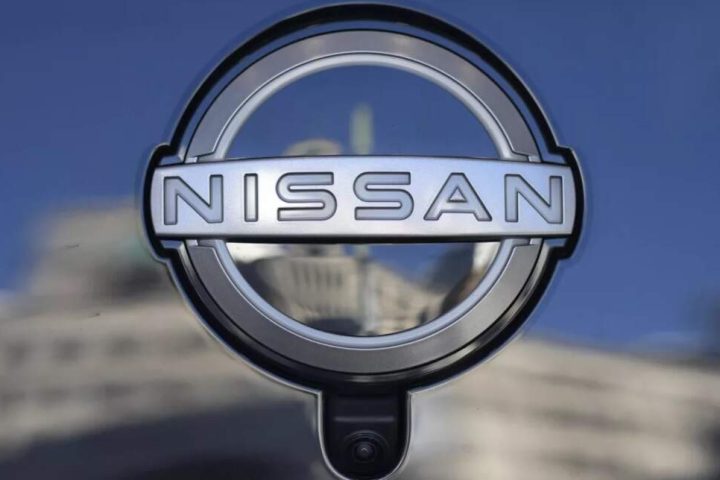On Friday, Nissan (7201.T) said it would pump 1.12 billion pounds ($1.4 billion) into its British plant to build electric versions of two models, boosting the country’s auto industry and a prime minister desperate to attract foreign investment. The Japanese automaker said its plans for electric versions of the Qashqai and Juke, produced in Sunderland, northeast England, would require a total investment of up to 2 billion pounds, including a third battery plant in Britain that partners will help finance. The project is expected to receive government support.
Nissan’s announcement comes as global carmakers face pressure to produce EVs as countries worldwide move to phase out fossil-fuel vehicles because of concerns about climate change. EVs will eventually make up more than half of the world’s vehicle fleet.
The UK has several car makers making EVs and batteries, including Tata Motors’ (TIG) investment to build electric drive units in Sunderland, BMW’s plans to invest PS600 million to build next-generation Minis in Oxford, Ford’s PS380 million investment in Halewood to make EV battery cells and start-up Britishvolt’s EV gigafactory in Blyth, Northumberland. However, the Nissan investment is the biggest regarding the plants’ size and the number of jobs created.
Located next to Nissan’s existing factory in Sunderland, the new battery plant will be built by Chinese tech company Envision AESC and could eventually produce up to 38 gigawatt hours of annual capacity – enough to power about 640,000 vehicles. It will be Europe’s first facility to manufacture automotive lithium-ion batteries.
In addition to the new plant, Nissan is partnering with Envision and local government to create what the companies call a “world-first EV manufacturing ecosystem.” This will include an electric microgrid powered by renewables that will supply energy for vehicle and battery production and re-purposed batteries to store electricity in homes.
The investment significantly boosts the UK’s efforts to become one of the world’s leading EV hubs. It is expected to stimulate technological innovation and enhance the country’s manufacturing capabilities, especially in the fast-growing sector. It is believed the investment is backed by contributions from the government’s Automotive Transformation Fund. The move is also strongly endorsed by Nissan, which has been in the UK since 1986 and will boost its 7,000 employees in Sunderland and 30,000 workers in the country’s supply chain. The move will also put the UK in a better position to compete with countries like Germany, which has a more significant population and advanced electric car production facilities. The UK will need to develop more infrastructure to become a leader in the EV market. The government is already spending billions to improve the nation’s road network and build more charging stations. The government has also announced a new tax incentive for EV makers and plans to boost spending on research and development.
















